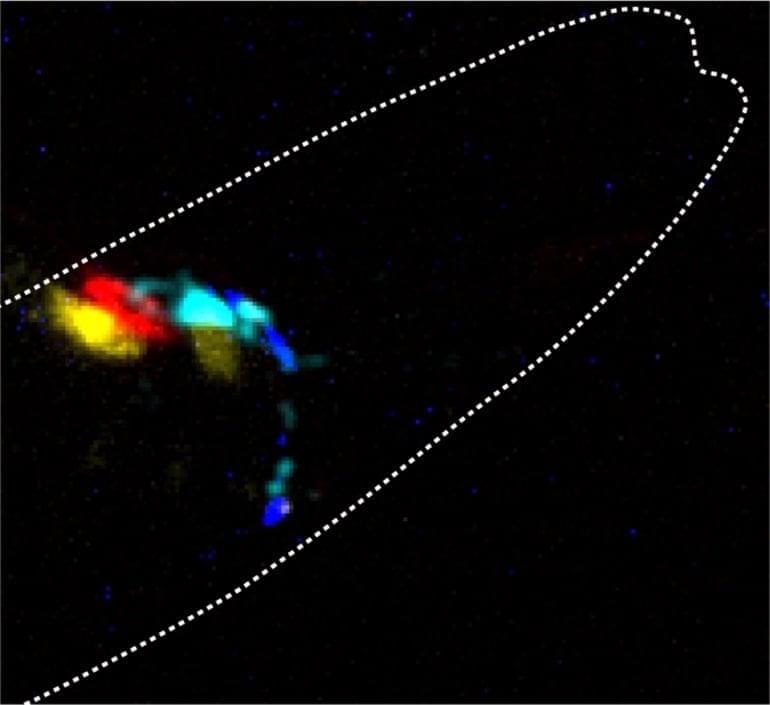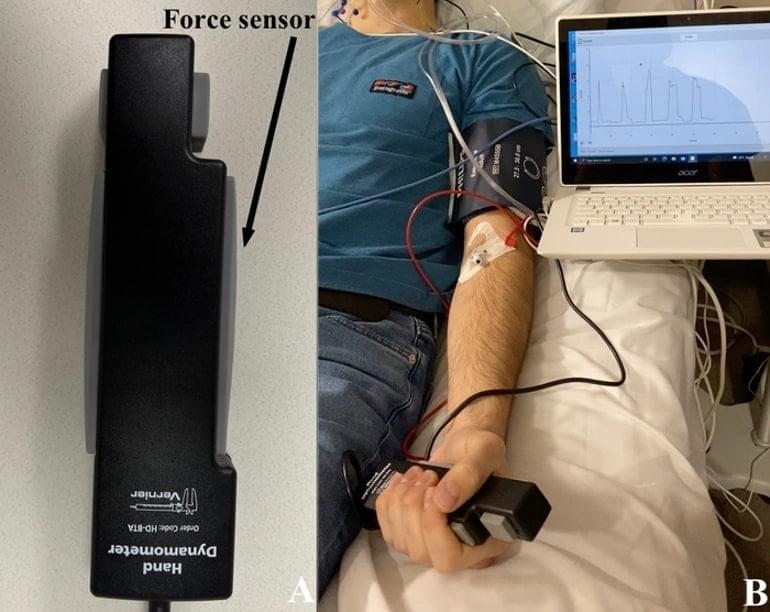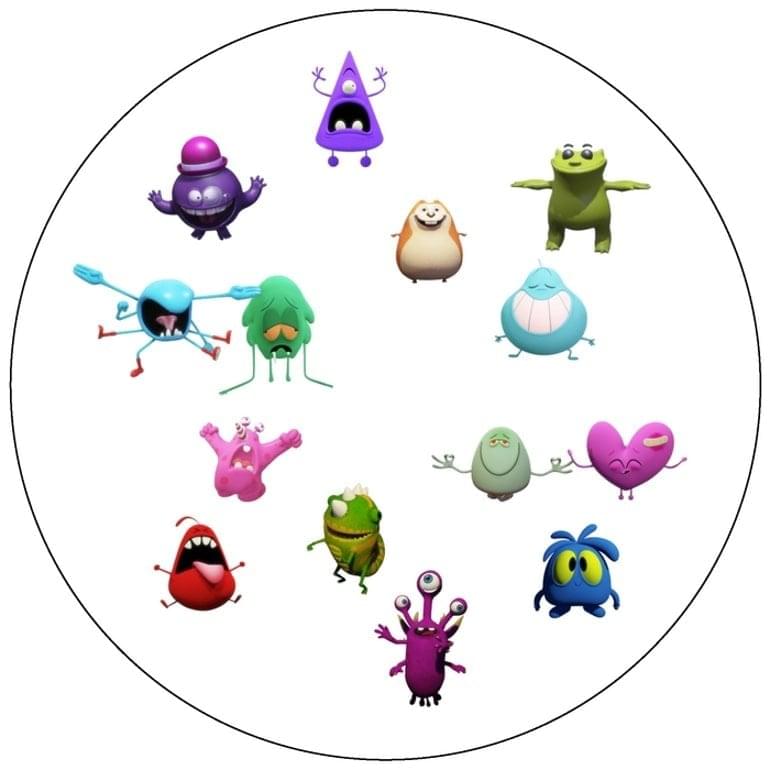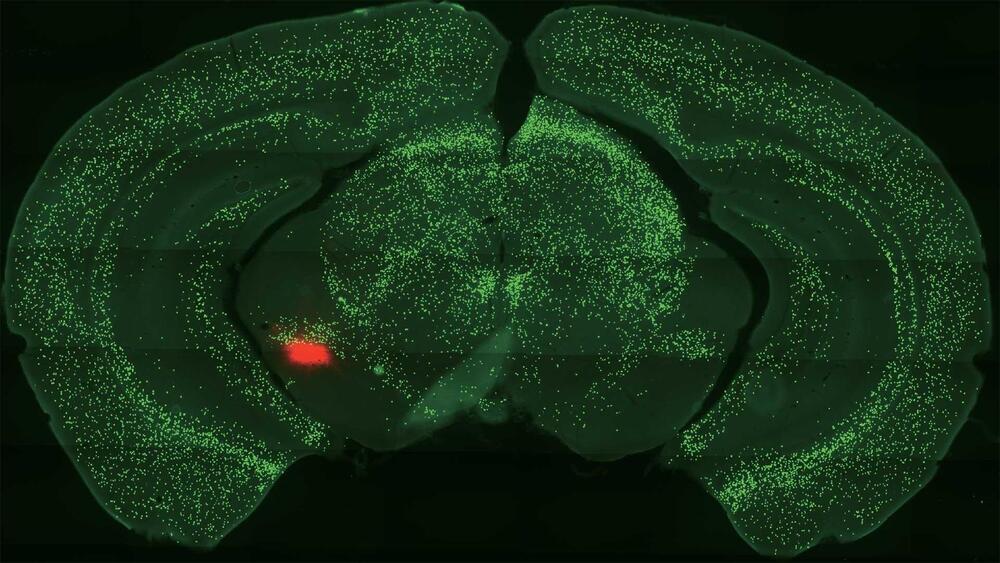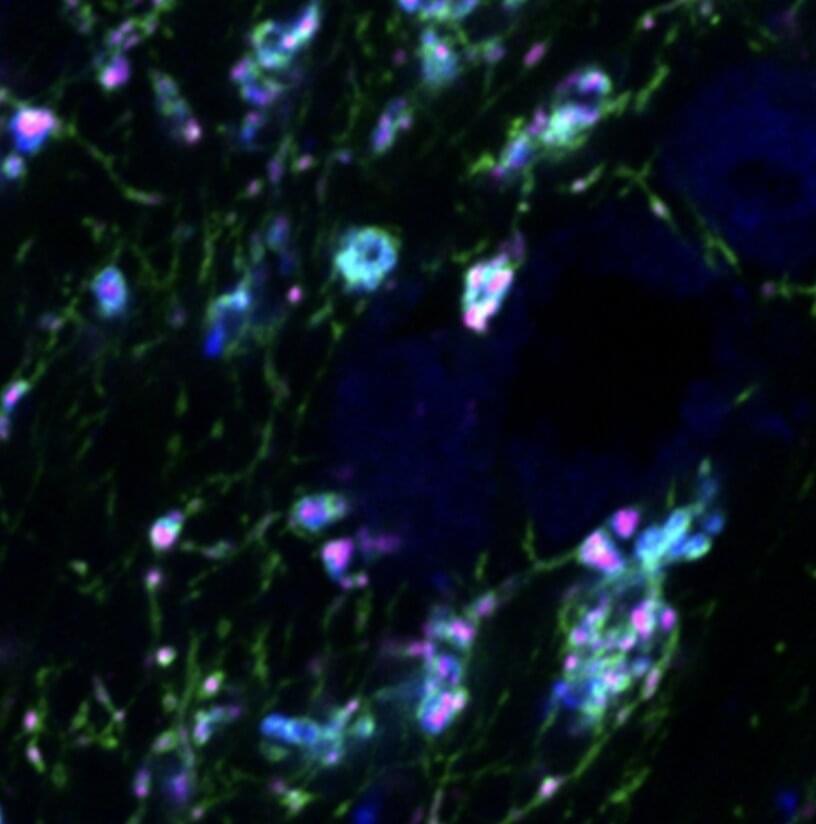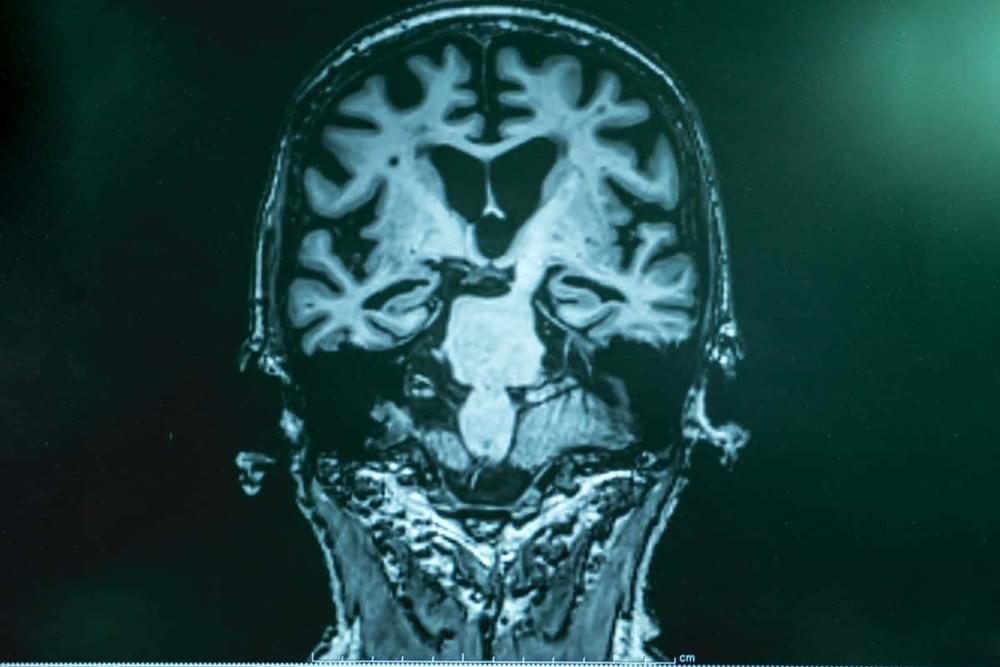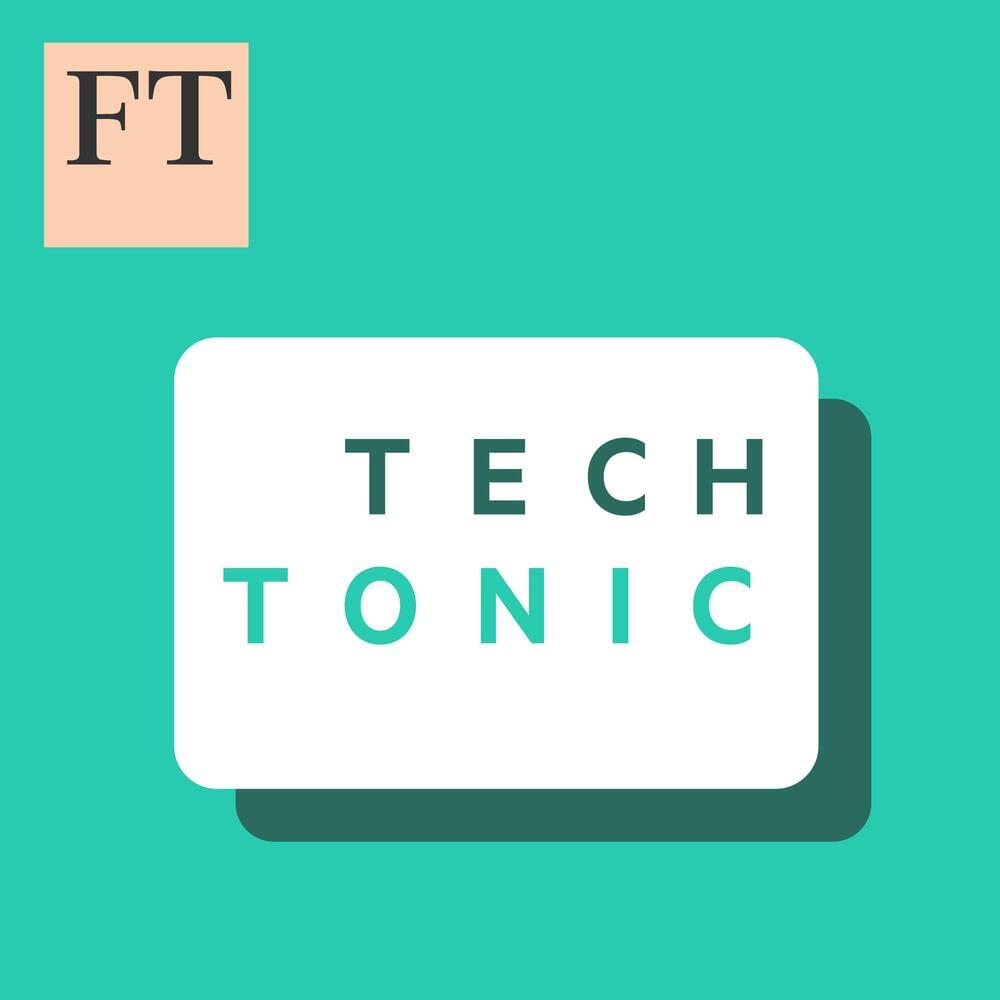Forget about life-work-balance. A new generation of drugs promises unlimited increases in productivity without the need for rest or sleep.
“Brain doping” is the latest trend among high flyers. Pharmaceutical companies are developing pills that increase mental capability, stimulate desire, and heighten mood. A meaningful life full of happiness and success – without side effects.
The industry hopes for fantastic profits if the pretty pills become socially acceptable. Are we at the dawn of a new era, in which cosmetic neurology is an everyday phenomenon?
This documentary was first released in 2011.
SUBSCRIBE for more amazing stories, including free FULL documentaries. At Java Films we have an incredible library of award-winning documentaries: from world-leading investigations to true crime and history, we have something for everyone!
Click the SUBSCRIBE button and make sure to set NOTIFICATIONS to stay updated with all new content!

